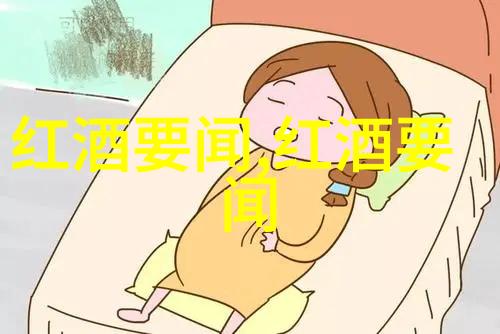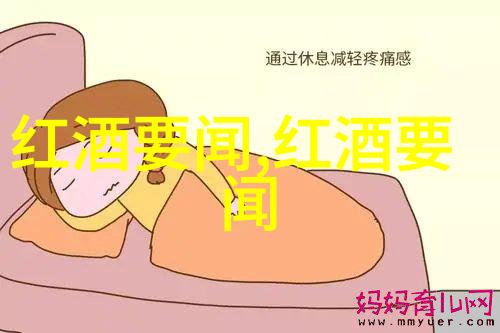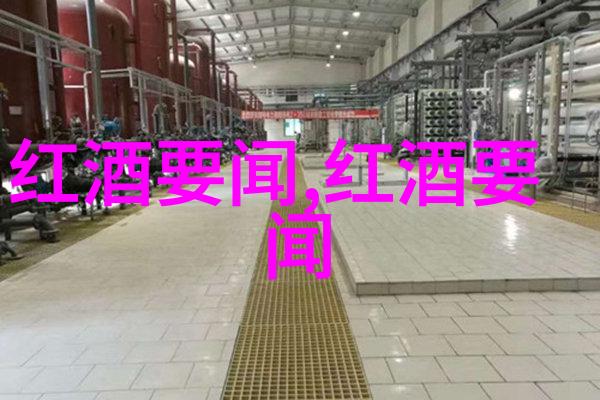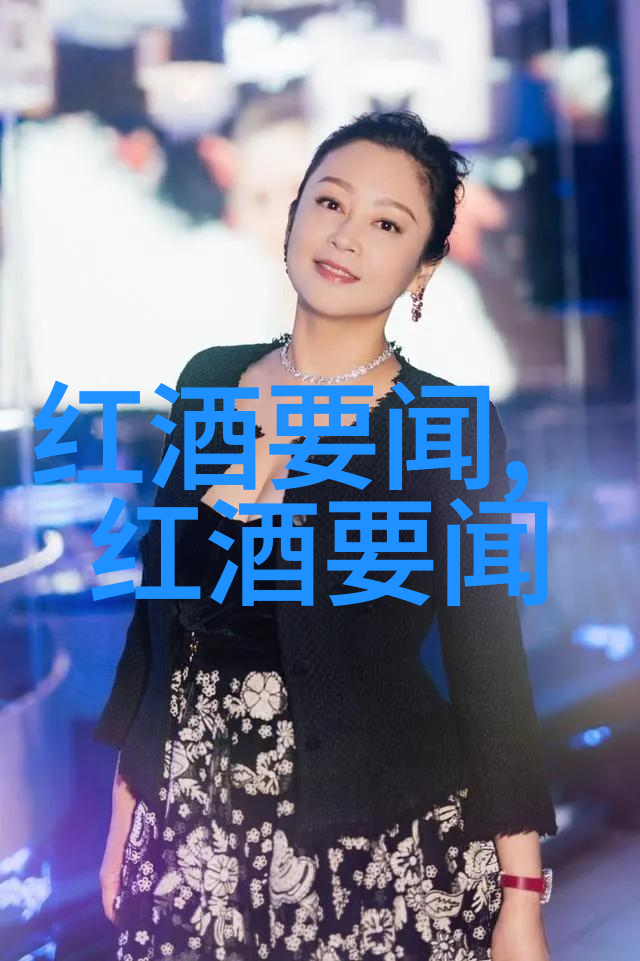林裕森:我一直偏好于比较自我的、旧的写作方式,而不太去思考市场问题。现在很多社群媒体,对我来说都比较陌生,我以往还会刻意保持某些距离的,原因在于我的比较明确的写作计划,但社群媒体会很容易会影响到计划,把很多事情切分得很小。我一直到2016年才开始我第一个脸书页面。

以往我有一个观点,我写作会较少把没过滤的东西丢出来。但现在想想,那些东西也可能会很有趣。因此现在我因为会把旅行中一些有趣的葡萄酒相关分享给读者。但我最关注的是,在我的写作计划上。当你花太多时间去经营其他东西,可能比较难去完成自己原本想要完成的事情。
但社群可以把许多有趣的事情连接在一起。它的影响力是非常深远的,社群媒体对于整个葡萄酒行业发展非常关键。以往,葡萄酒很多影响力来自一批很重要的纸质媒体,但是新媒体改变了这个生态,这让葡萄酒行业有更多可能性,社群中不同人的喜好,也许能影响你的喜好。这是更化的事物,让过去不被注意到的产区、葡萄品种可以快速被认识。

“新旧世界”的区分方法已不合时宜
WBO:对于法国葡萄酒行业最近十年的风格趋近于新世界,您如何看待?

林裕森:在1990年代,旧世界确实面临很多威胁,一开始模仿法国,然后出现自己的风格。而波尔多是一个全球开放的大产区,它必须看到全世界改变。在历史上波尔多一直是随着全世界而改变。但这并不能完全代表法国,有时候勃艮第就变化很少,他们也有遥远顾客,但这不会影响他们酿造风格。
I believe that in our era, it is not appropriate to distinguish between old and new worlds when it comes to wine. Such a division is unfair to many wines from the new world. I rarely talk about issues through the lens of old and new worlds anymore. Instead, I think the land in Medoc becoming more expensive makes it difficult for people to create their dreams there, which has lost creativity and imagination for development.

Drinking wine requires certification
WBO: Do you think training education plays a role in upgrading wine consumption? According to statistics, China was the second-largest market for WSET globally in 2015. How do you view today's Chinese wine education?

Lin Yuanson: I don't know much about this situation here. Perhaps the environment is similar somewhere else. In our Chinese culture, getting a certificate is very important - even among wine enthusiasts they will still want one.
Of course, learning how to drink wine through study - this path I have never doubted. Because drinking wine isn't something we're used to from childhood here in our culture. But we can imagine that after another twenty years, when there are more vineyards in China and people learn how to drink them properly... at that time consumers may be like those of Spain or France or Australia now.
When you treat grape juice as part of your daily life then you won't need certificates any longer; just like right now everyone drinks tea but no one needs a tea-making certificate because such things simply don't exist.
Wine education should not be confused with public welfare activities; nor should it be separate from commerce
WBO: Currently there are many educational institutions offering courses on fine wines but some start selling these products themselves; what do you think about this phenomenon?
Lin Yuanson: Wine education itself is a commercial activity - I don't feel that education must remain separate from commerce if an institution can establish its own community and provide commercial services within its community framework based on mutual trust...
The essence of all this lies not merely with coffee shops or bars selling bottled water but also extends beyond these physical realms into virtual ones too where people exchange information regarding their experiences while sipping coffee under various different lighting conditions...





